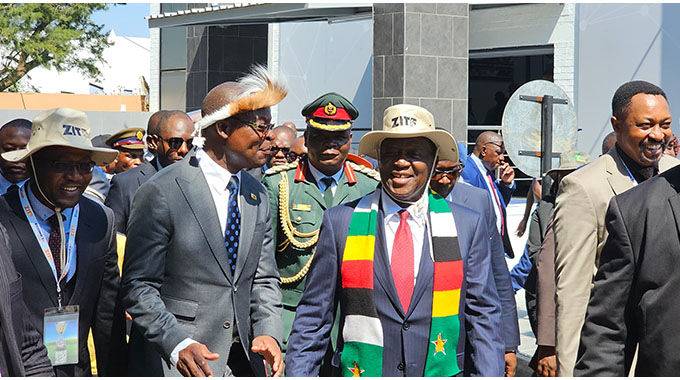Govt loses US$5m in fuel deal
Herald Reporters
GOVERNMENT may have been prejudiced of US$5 million by a South Africa-based company at the height of fuel shortages that gripped Zimbabwe in December 2010 and January this year after it emerged that the firm is yet to deliver any petroleum.
The money was meant to purchase between 4,5 million and five million litres of fuel.
Secretary for Energy and Power Development Mr Justin Mupamhanga said this at a public hearing on the fuel shortages conducted by the House of Assembly Portfolio Committee on Mines and Energy at Parliament Building in Harare on Monday.
“The South Africa-based company called Noah came to us and said they had the product and would be able to bring the product within 48 hours.
“We were in a state and we entered into an agreement . . . What we are doing is to see if we can get our money back.
“We did misread at the time, but as I said before we were in a state,” Mr Mupamhanga said.
Questioned by Glen View North legislator Mr Fani Munengami (MDC-T) on whether they had done any background checks, Mr Mupamhanga said this had not been done.
“We did blink, takabwaira, but what now needs to be done is to see what can be done.”
Committee chairman Cde Edward Chindori-Chininga (Zanu-PF) said it was baffling that Government could be duped in such a way and questioned why fuel was not bought from established companies.
“For all we know, that Noah could be a briefcase company or could be a Chindori-Chininga,” he said.
Mr Mupamhanga said the fuel shortage was a combination of factors mainly caused by Zimbabwe’s cash-based economy.
This, he said, made it difficult for the country to establish a strategic reserve.
He said there was also an increase in demand due to the cold winters in Europe.
Mr Mupamhanga said tidal conditions at the Port of Beira in Mozambique made it difficult for oil tankers to dock.
Long queues emerged at service stations last month, with diesel supply being particularly acute. This saw prices rising and public transport costs doubling in urban areas.
Mr Mupamhanga said the unbundling of Noczim was on course.
“For about two years Government has been looking to restructure Noczim, that is to separate it into a trading company and the other company responsible for infrastructure.
“There are the Petro Trade and the National Oil Infrastructure Company of Zimbabwe,” he said.









Comments